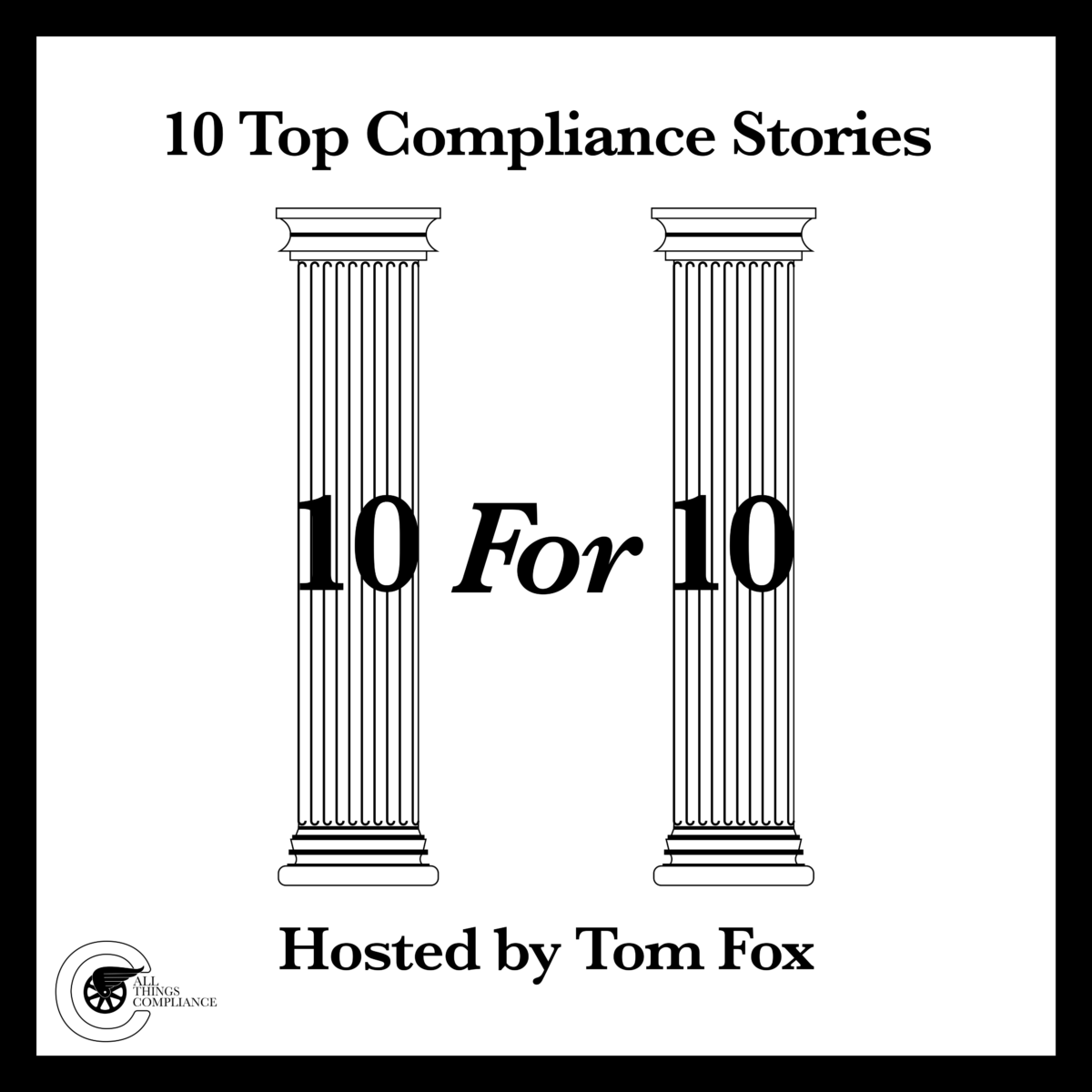Compliance programs play a crucial role in ensuring that companies adhere to legal and ethical standards. In today’s digital age, where data is abundant and easily accessible, the importance of data-driven compliance programs cannot be overstated. This message was driven home very forcefully in a speech in November by Nicole Argentieri, acting assistant attorney general for the Criminal Division. She stated, “I’d like to now turn to our use of data. In the Criminal Division, we too are going above and beyond in our effort to combat white-collar crime. We are not just waiting for companies to self-report, for witnesses to come forward, or for anomalies to reveal themselves on a one-off basis. Let me be the first to tell you that we have proactively used data to generate FCPA cases, and we’ve only just gotten started.”
Anselmo Guevara, manager at VMware, has emphasized the need for companies to have a compliance program that provides visibility into their data at their fingertips. It is no longer sufficient to simply collect data and have someone review and reconcile it. Compliance professionals must actively analyze the data for trends, anomalies, and potential compliance risks. This proactive approach allows companies to identify and address compliance issues before they escalate.
But as with all new initiatives in compliance, one must emphasize the importance of starting a compliance journey with a formal risk assessment. Guevara suggested collaborating with various departments within the organization, such as accounts payable, receivables, internal audit, and business operations, to understand the risks associated with different processes. This collaborative effort helps identify compliance controls that need to be in place and ensures that the data required for analysis is available.
While low-hanging fruit may seem like an attractive starting point, Guevara cautioned against solely focusing on easy wins. He advised against presenting a weak business case to secure budget approval for compliance projects. Instead, he recommended conducting a comprehensive compliance risk assessment to prioritize areas that require immediate attention. This approach ensures that compliance efforts are aligned with your organization’s overall risk management strategy.
Data analytics play a crucial role in enhancing compliance efforts. By leveraging data analytics tools and techniques, compliance professionals can identify patterns, detect anomalies, and uncover potential compliance risks. However, Guevara highlighted the importance of validating suspicious transactions before raising concerns. It is essential to conduct due diligence and thoroughly investigate any potential issues to maintain financial integrity and credibility.
Data-driven compliance programs have moved from cutting edge and are now seen as best practices. Soon, they will simply be table stakes for companies to effectively manage compliance risks. By actively monitoring and analyzing data, companies can identify potential compliance issues, mitigate risks, and maintain their reputation and integrity. Collaboration between different departments and a formal risk assessment are key factors in establishing a robust compliance program. As technology continues to advance, the role of data analytics and AI in compliance monitoring is expected to become even more significant. It is crucial for compliance professionals to stay informed, continuously learn, and adapt to the evolving landscape of data-driven compliance.











